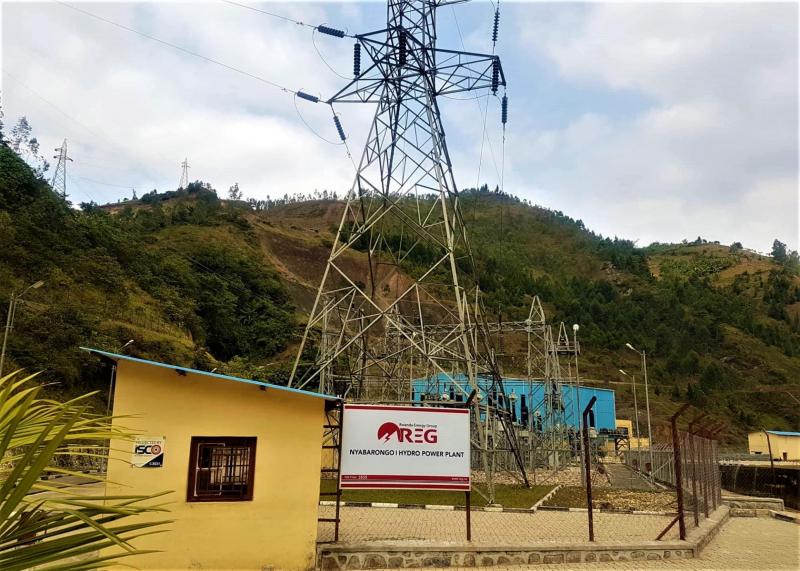The Government of Rwanda is striving to overcome several constraints as they aim to promote economic growth in the country. It is understood that the economic development will not be realized without the contribution of a well thought-out plan that will provide reliable and affordable electricity. The country has steadily increased electricity availability but still only about 42% of households have access to electricity. Under the National Strategy for Transformation (NST) 2018 - 2024, electricity access would be increased to 100% in 2024 with the government also supporting the expansion of electricity generation to meet projected demand.
The Rwanda Energy Group (REG) is a holding company responsible for generation, transmission, and distribution of electrical energy in the country. There are two subsidiaries, the Energy Utility Corporation Limited (EUCL), responsible for operations and maintenance, and the Energy Development Corporation Limited (EDCL), responsible for project development.
As Rwanda moves to a more developed economy and additional electrical energy projects are identified as needed to meet the increasing customer demand, it will be necessary for the staff of REG, EUCL and EDCL to have the necessary skills to effectively plan and execute new construction projects, as well as monitoring and commissioning of those developed by Independent Power Producers (IPPs).
In the Rwanda energy sector, however, most project managers are electrical engineers with no formal project management training. USEA has found significant knowledge gaps in areas critical to the successful completion of projects such as poor record keeping, ineffective monitoring and controlling of contracts, a lack of knowledge and experience with dispute resolution and negotiating, and vague wording in contracts regarding the scope and responsible parties. To address these gaps, USEA is facilitating several activities, including this short-term technical assistance program, focused on improving project management skills, which will lead to better contract management and fewer delays of projects.

